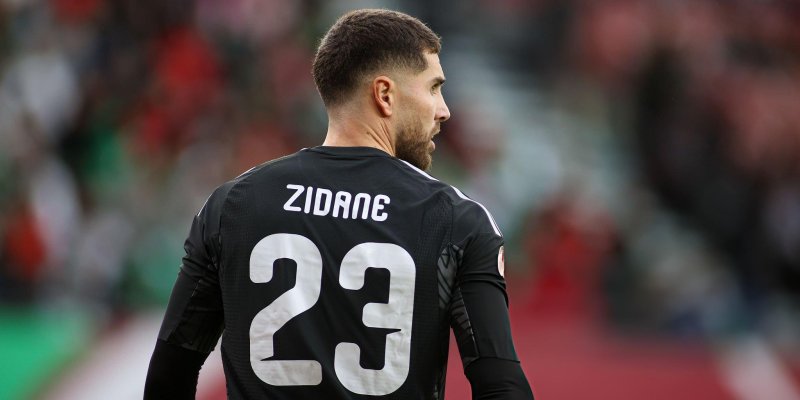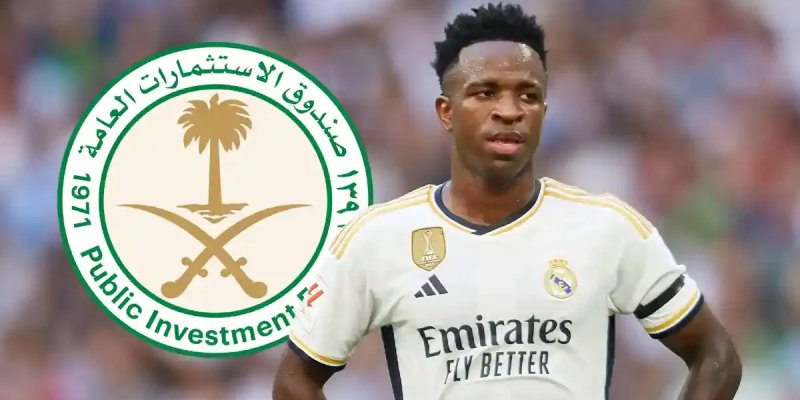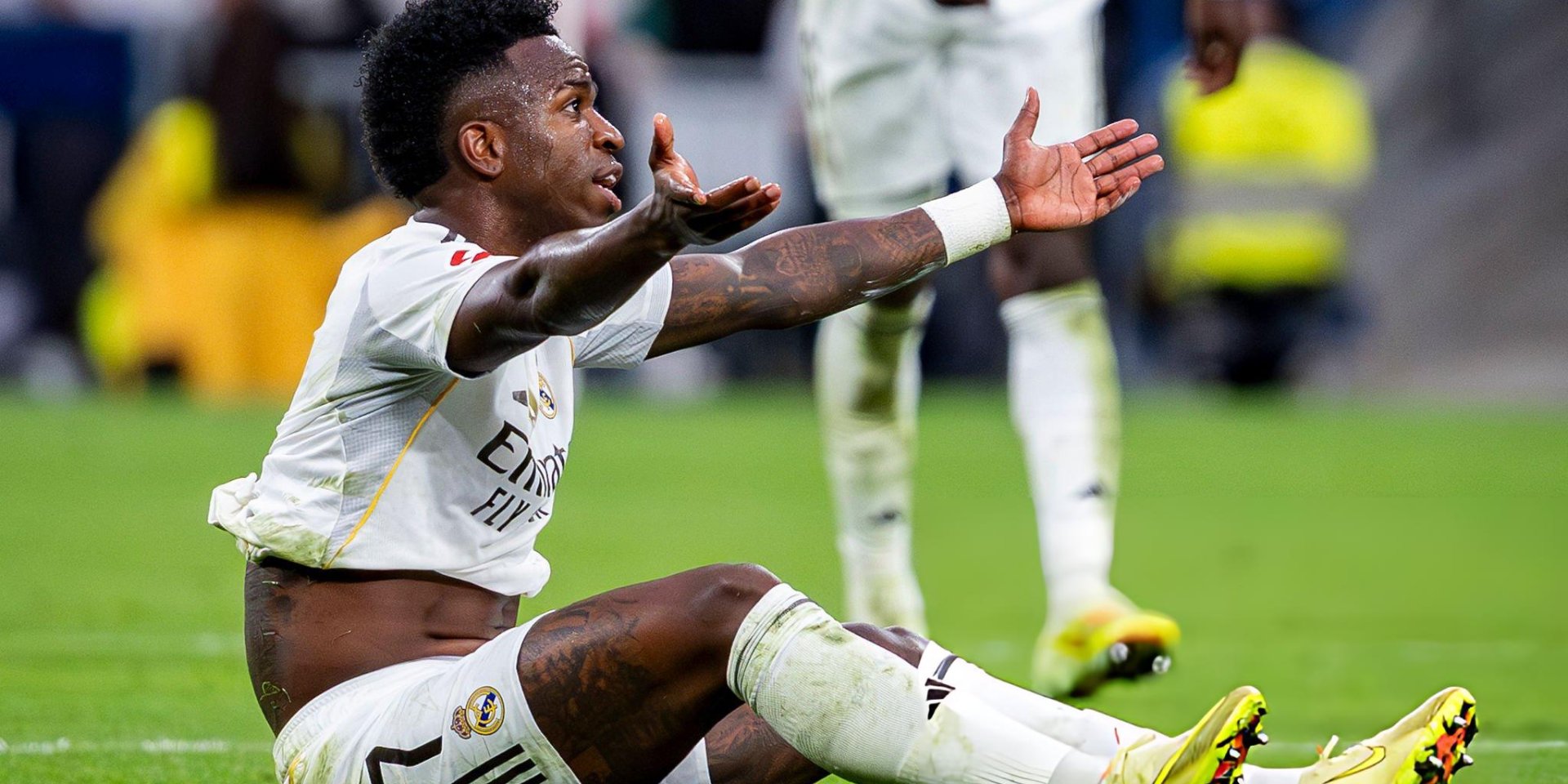
Vinicius Junior’s outburst after being substituted in El Clásico was a reminder that great teams live on a thin line between the creative freedom of their leaders and the strict hierarchy a coach builds. The Brazilian’s reaction hurt the club’s image, but the staff’s decision to take him off when Real were only one goal up and the left flank was on fire also looked debatable. At stake is not only discipline but effectiveness.
The Limits of What's Acceptable for a Professional
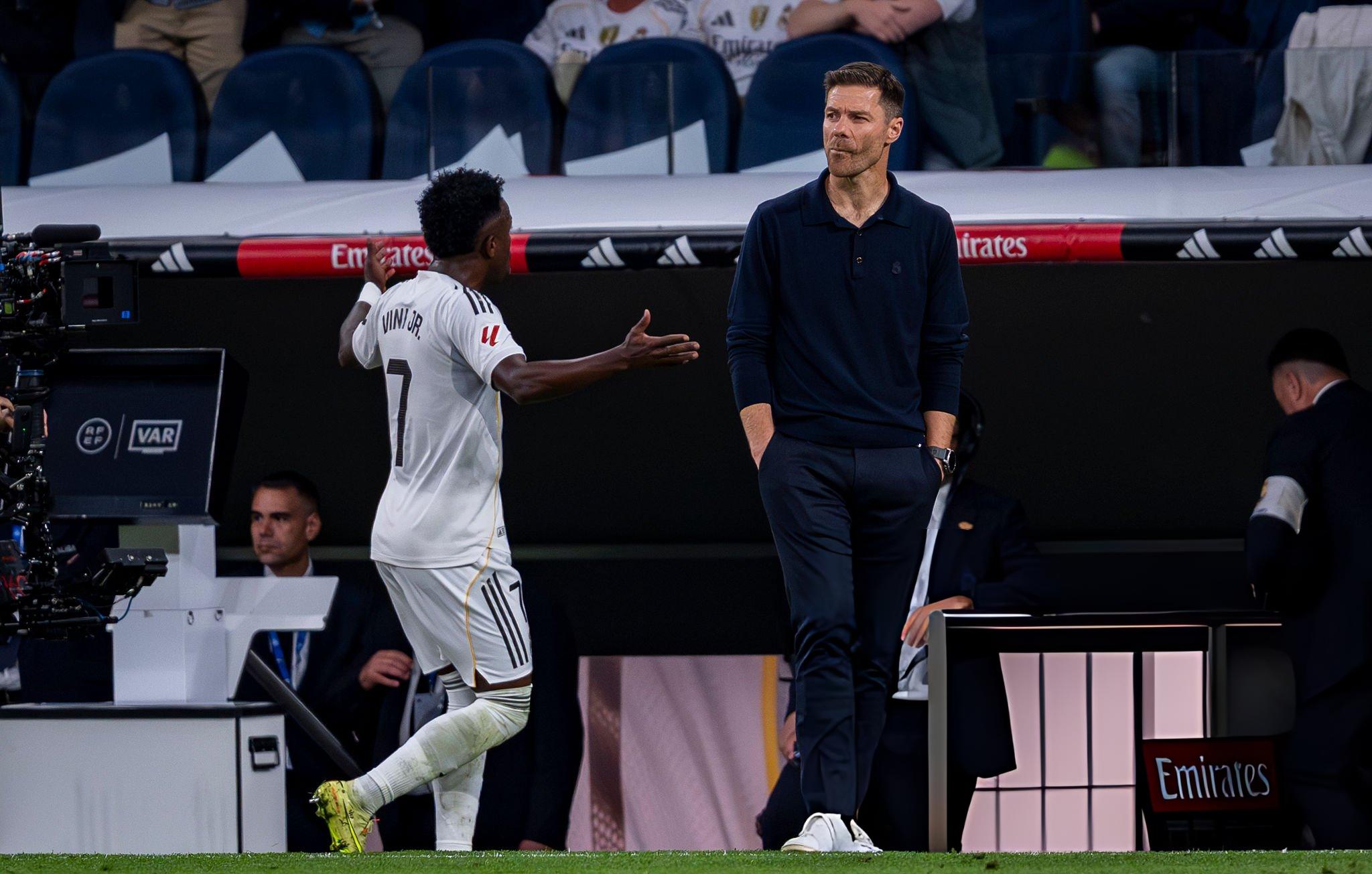
Let’s start with the obvious: challenging the coach in public falls outside professional protocol. Substitutions are the staff’s responsibility, and they must be accepted even when you’re boiling inside. Open gestures, shouting, walking past the coach without a handshake — these are not just emotions; they strike at hierarchy and authority. Top-level football is built on respect for decisions; without it, the collective structure falls apart.
Emotion Is Fuel, Not a Tool for Pressure
A player’s displeasure with a substitution is natural, especially when we’re talking about someone of Vinicius’s stature. He is used to being decisive — and that’s normal. What is not normal is turning personal disagreement into a public display. Anger kept inside can become motivation and a push to develop, while a public rebellion turns into a media scandal and puts pressure on the dressing room. The right to feel emotions does not cancel the duty to control them.
The Substitution That Broke the Rhythm
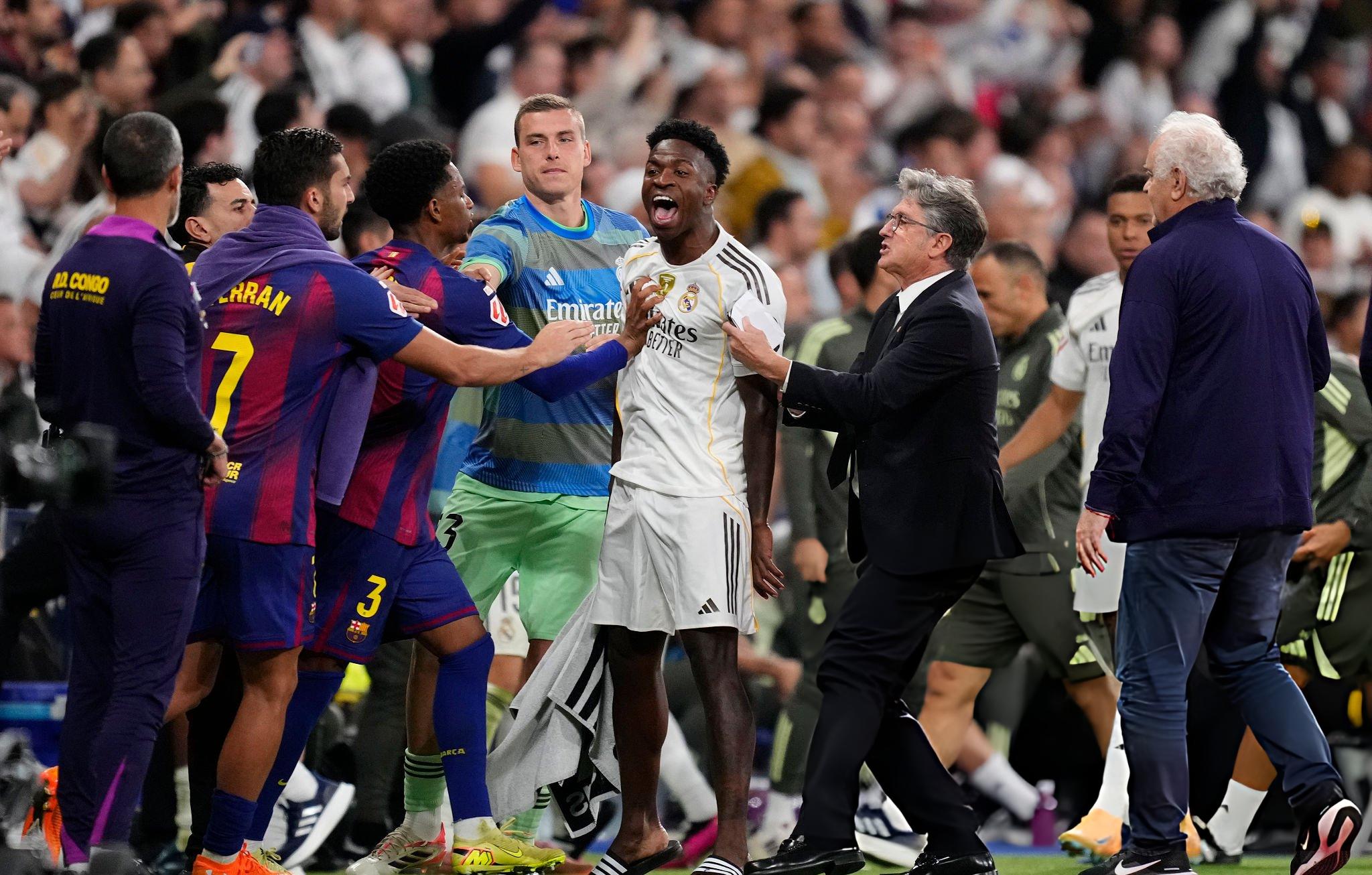
Now to the staff’s decision. In that stretch Real were only one goal ahead, and Vinicius had it going: dribbling, surges from the half-spaces, one-on-one isolations. After the change, the left flank clearly lost its edge; Rodrygo came on flat and threatened the goal less, while Jules Kounde, no longer worrying about runs in behind, began to step into attack more often. The initiative wavered, and Real lost the player who drove the tempo and created varied threats — from carries to fouls won for set pieces.
A Coach's Authority Is Not a Cudgel
Xabi Alonso is purposefully building a hierarchy and showing that no one is above the rules. That’s right, but it’s also important not to slide into “disciplinary” substitutions that read as public signals rather than sporting decisions. In elite clubs, discipline does not oppose creativity — it frames it. If the frame is too narrow, creativity withers.
A New Configuration of Leaders
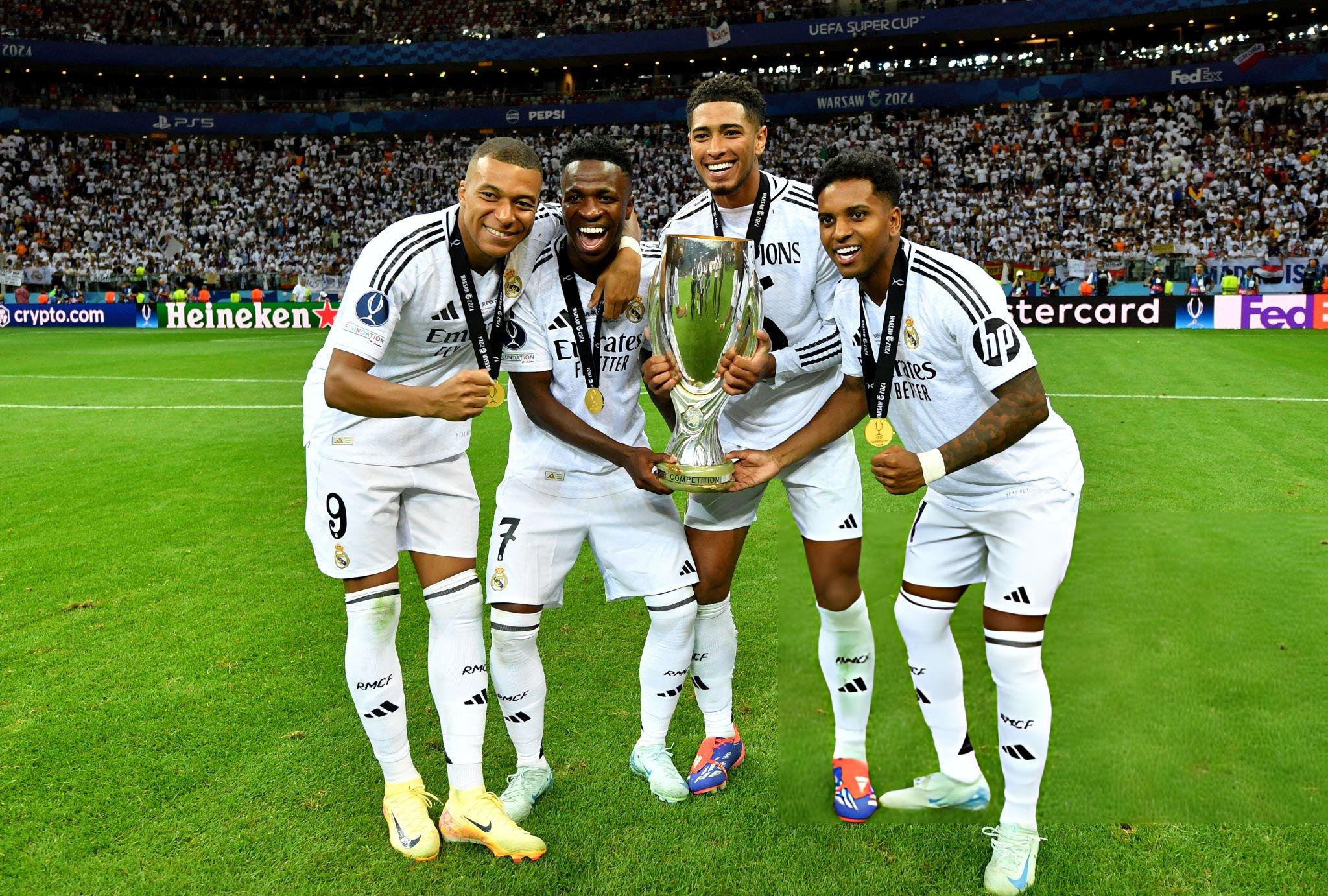
By status and scale, the team’s central figure today is Kylian Mbappé. But in terms of current influence on episodes of play, Vinicius is among the key men, and together with Mbappé and Jude Bellingham he forms a trident capable of deciding matches in an instant. Too many “educational” signals aimed at the Brazilian risk burning his motivation and stripping the team of one of its main ball-progression generators.
Competition or Lack of Trust?
Vinicius’s frustration is understandable and rational: he sees that competition on his flank is largely being artificially stoked, while Rodrygo hasn’t produced top-forward runs of form for quite a while. When a leader effectively senses a lack of trust, a protest reflex kicks in. His hot temper is a known trait, but that doesn’t change the footballing essence: from a game-benefit standpoint, curbing Vinicius right now is a questionable management move.
A De-Escalation Protocol: How to Find Agreement and Win
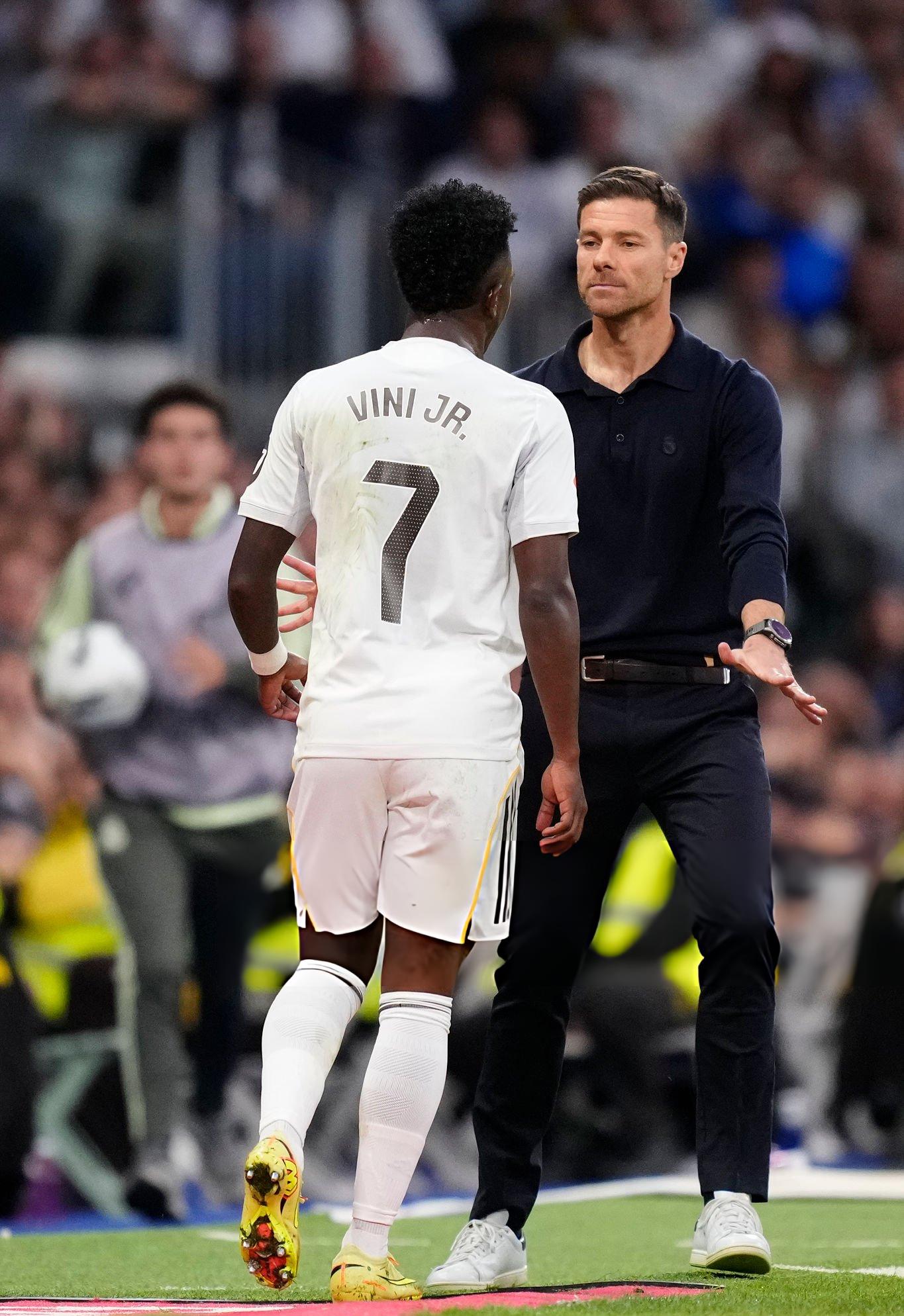
The team needs a working compromise, not traded blows to reputations. The solution lies in processes:
- clear criteria for substitutions: defensive discipline, counter-pressing intensity, decision-making in the final third — so the player understands the logic;
- one-to-one feedback without cameras immediately after the match — to keep emotions from spilling into the public;
- role agreements: in top matches Vinicius gets a bit more freedom in isolations and in transition, but pays for it with pressing volume and recovery runs into the middle block;
- a single communication channel between staff and leaders with no mediated leaks: argue hard inside, present a united line outside.
The Path to a Sensible Compromise
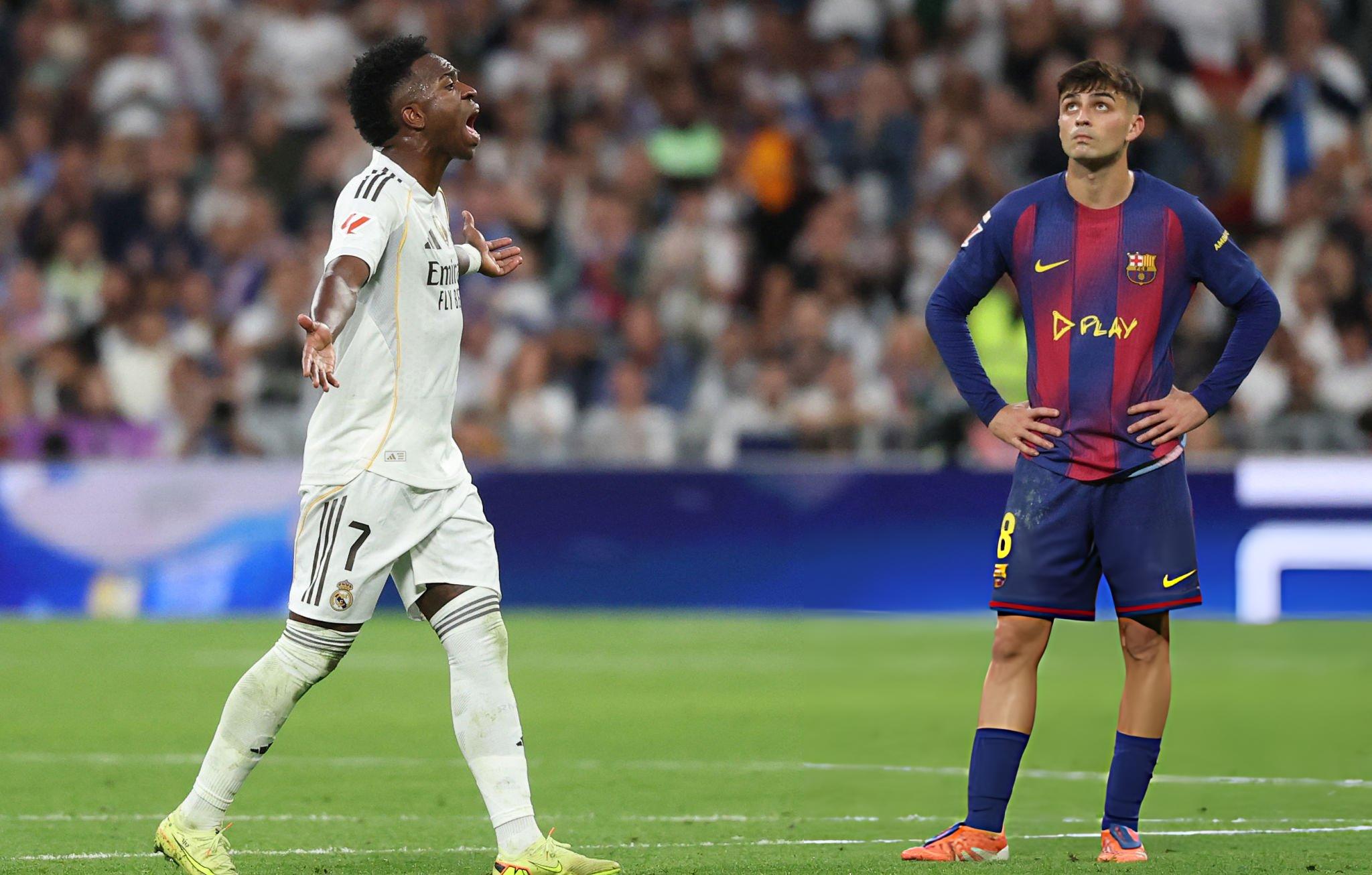
Vinicius is wrong in form — that’s not up for debate. But a coach’s decision must also serve the game, not just the symbolism of power. Alonso has to keep the rules firm while not snuffing out the fire of a player who brings direct points. At a title-chasing Real, discipline and creativity are not enemies — they are partners when framed smartly. The compromise here is not weakness but a technology of winning: respect for hierarchy plus trust in the strongest yields more than any public dressing-down.

